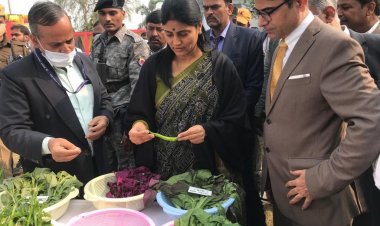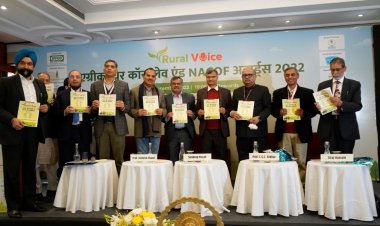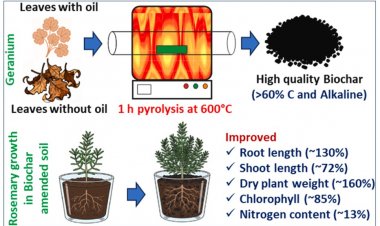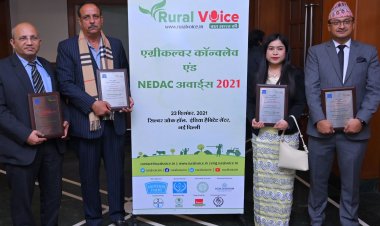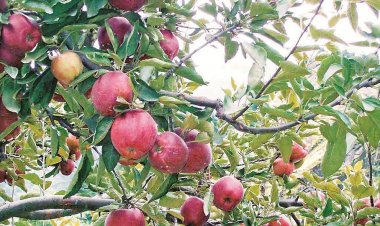Bioprime Agrisolutions launches plant-associated microbes library in Pune
Agri-biotech startup Bioprime Agrisolutions on Friday announced in Pune the launch of a Bionexus library with a collection of plant-associated microbes. "Launch of the Bionexus library marks a significant milestone in our journey toward sustainable agriculture. This library will fuel innovation, enabling us to develop novel products and solutions that enhance crop resilience, productivity, and protection," Bioprime Agrisolutions Co-Founder and CEO Renuka Diwan said in a statement.
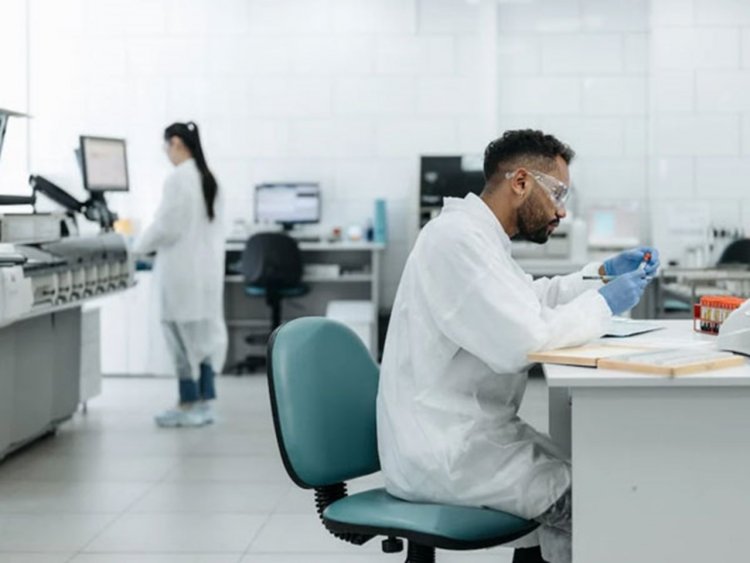
Agri-biotech startup Bioprime Agrisolutions on Friday announced in Pune the launch of a Bionexus library with a collection of plant-associated microbes. "Launch of the Bionexus library marks a significant milestone in our journey toward sustainable agriculture. This library will fuel innovation, enabling us to develop novel products and solutions that enhance crop resilience, productivity, and protection," Bioprime Agrisolutions Co-Founder and CEO Renuka Diwan said in a statement.
By focusing on the intricate relationship between plants and their associated microbial communities, she said, "We are unraveling nature's secrets to unlock the full potential of our crops." The Bionexus library currently houses a collection of over 15,000 microbial isolates, sourced from over 300 locations across India. The resources include samples from regions as diverse as Tawang in Arunachal Pradesh, Gujarat, Pangong Tso in Leh, Sonmarg, Kashmir, to caves in Kerala.
It covers vast habitats like grass lands, rain forests, lakes, caves, deserts, glaciers, river basins, hot water and sulfur springs, mines etc to name a few. According to the startup firm, this extensive microbial diversity database will provide researchers and scientists unprecedented insight into India's unique microbial ecology, particularly crucial in the face of climate change and the urgent need for sustainable agriculture.
These efforts have already yielded results with more than 2,000 novel microbes with significantly higher activities, it added.



 Join the RuralVoice whatsapp group
Join the RuralVoice whatsapp group
































